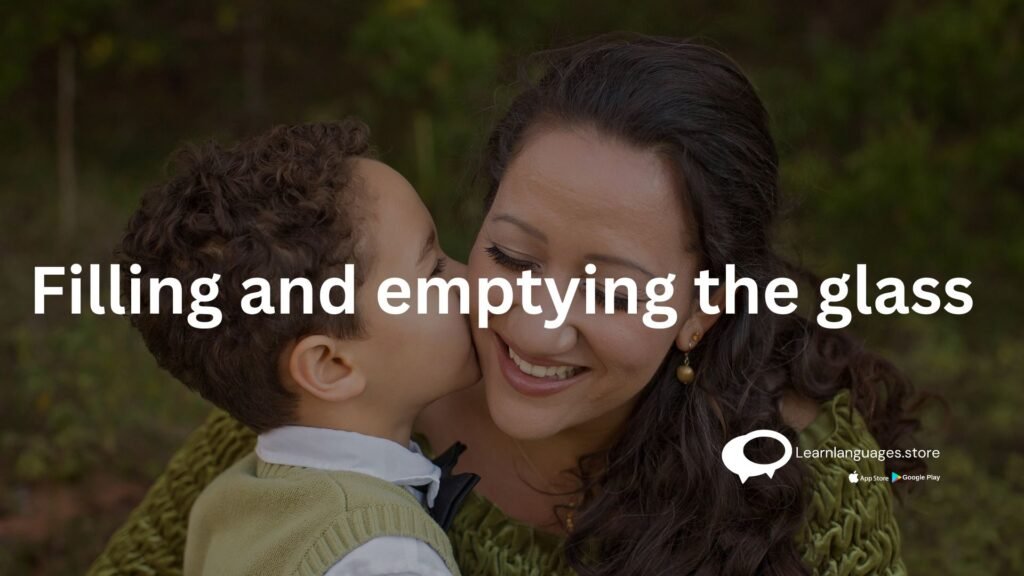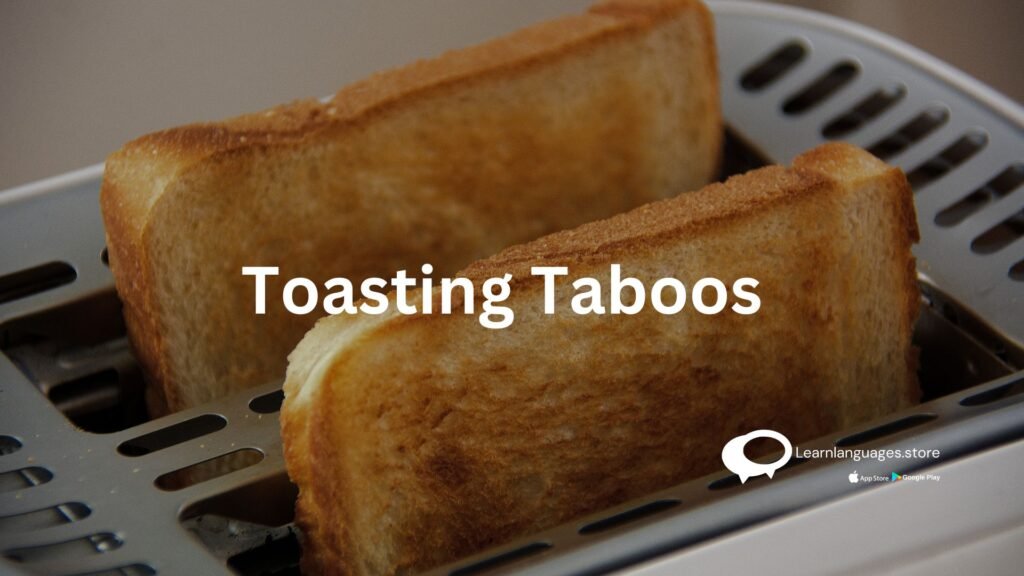Cheers in French: 10 different situations to say cheers in French culture
Cheers in French: 10 different situations to say cheers in French culture
Are you curious about the French toasting tradition? Let’s look at ten distinct French expressions for “cheers.” You may avoid any embarrassing circumstances by practicing in both official and casual settings, which will make it simpler for you to become fully immersed in French culture.
Estimated reading time: 5 minutes
10 different ways to say cheers in French
Portons un toast (Let’s make a toast)

If you are at a formal event, such as a wedding or a dinner party, you might want to raise a glass to your hosts or the honorees.
Porter un toast is the proper French term for making a toast (albeit with an English loan). If you want your fellow guests to join you in drinking, say, “Portons un toast.” (Let us raise our glasses.)
Levons nos verres à… (Let’s raise our glass to…)
Lever nos verres (raise our glasses) is an alternative to porter un toast. You could raise your glass and say, “Levons nos verres aux mariés.” (Raise your glass to the newlyweds.)
You can see this phrase is quite contextual so using it randomly can make the situation awkward. If you want to become good at French, try looking at the phrases on the basis of their context. It will help you develop a deeper understanding of the language.
Je lève mon verre à… (I raise my glass to…)
If you are at a formal gathering for le Quatorze juillet (or Bastille Day), you could say, “Je lève mon verre à la liberté.” (I raise a glass to liberty.)
À ta/votre santé (To your health)
Of course, not every toast is made for a special occasion. Your santé (To your health, plural/formal) is a common toast phrase.
If you are only drinking with one other person and it’s someone you know well, you will probably say ta santé.
Santé (Health)
Don’t be too concerned about whether to use à votre santé or à ta santé. As a toast, it’s very common to just say santé (health). It is safe to use this phrase in both formal and informal settings.
À la nôtre/vôtre/tienne (To yours)
Another variation on the popular à votre santé toasting formula: informal French toasts frequently omit the word santé (health) in favour of à la nôtre (to ours) or à la vôtre (to yours). The term “health” is simply assumed in this context. If you are toasting a close friend, say la tienne
On trinque? (Shall we toast?)
If you are in a pub with your friends and you’re feeling festive, you can say, On trinque? (Shall we toast?) Trinquer also means to clink glasses together.
Trinquer à… (To drink to…)
You can use the formulation (to drink to/to toast someone or something) to propose an informal toast.
For example, Je trinque à ma soeur et mon beau-frère (I raise a glass to my sister and brother-in-law) or Trinquons à votre nouvelle maison (Let’s raise a glass to your new home). Un trinqueur (masculine) or une trinqueuse (feminine) is someone who enjoys toasting and drinking in the company of others.
Tchin-tchin
Tchin-tchin is another popular toast among friends. It is pronounced as “Chin-Chin” in English. Tchin-tchin is a Chinese phrase that means “please” said twice in a row. It was brought back from the Second Opium War by returning French soldiers. It is used to persuade someone to have a drink in this context.
Cul sec (Bottoms up)
When toasting with hard liquor, you might hear the phrase cul sec (dry bottom). Cul sec, like “Bottoms up,” encourages you to drink until the glass is empty—preferably in a single shot.
Some French toasting traditions

Here are some other French courtesies and habits to be aware of in order to properly raise your glass.
Have a look before you take a sip
Before you raise your glass for the toast, take a look around and make sure everyone’s glass is full. Then, raise your glass a few inches in front of your face and patiently await the completion of the spoken portion of the toast.
Once the spoken portion of the toast has been completed, another protocol must be followed: clink glasses and exchange words with everyone in the group.
Filling and emptying the glass

The toasting glasses’ contents are almost as important as the toasting words and rituals. The first rule is that no non-alcoholic beverages should be used to toast. In addition, the glass should only be half-full.
Toasting Taboos
When making a toast, make sure to acknowledge or include the entire group so that no one is left out. If you are hosting, putting ice cubes in toasting glasses won’t make you popular.

If you don’t make eye contact while clinking glasses, bad luck is said to follow. You also don’t want to cross your arms as you reach to clink glasses. (This is most likely to prevent glasses from colliding).
If you are attending any French birthday party, you need to learn the French words for happy birthday. It will make you wish the birthday girl/boy in the most appropriate manner.
Conclusion
There are many important occasions and unforgettable experiences in life. Raise your glass in their honor and salute them properly (en français). Depending on the circumstances, you can now say “cheers” in French in ten wonderful and varied ways.
Learn Languages Store
Vashi,
Email: services@learnlanguages.store










